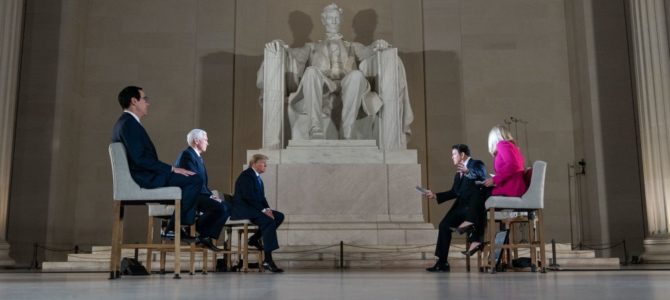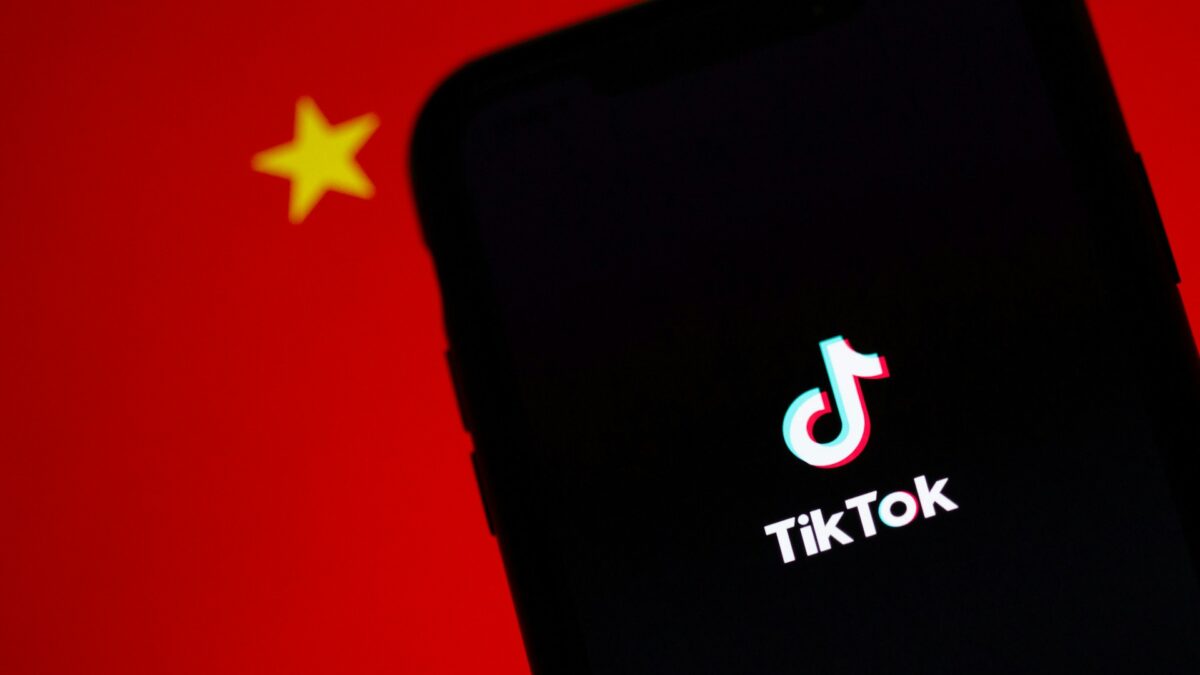
In 1801, Thomas Jefferson became the third president of the United States. In his Inaugural Address, he urged our fledgling nation to stand strong against those who would restrict the right to free speech. He even described those “who would wish to dissolve this Union” as “monuments of safety with which the error of opinion may be tolerated where reason is left free to combat it.”
As president, Jefferson was an ardent defender of the opinion that more speech is better, not less. As a private citizen, however, he ferociously attacked those with whom he disagreed.
His pro-Democratic-Republican Party National Gazette competed fiercely against Alexander Hamilton’s Gazette of the United States, which was sympathetic to Hamilton’s Federalist Party. Reporters at both outlets even used pseudonyms to hide their true identities and avoid reprisal while slandering their opponents.
While Jefferson was certainly not a pacifist at exercising partisan media, he would’ve been aghast at the notion that government should regulate speech. This distinction is critically important as a number of House Democrats have issued a letter urging cable companies to cancel Fox News, Newsmax TV, and One America News Network ahead of a Wednesday hearing on extremism in the press.
Their actions come after a number of influential mainstream news and opinion partisans have headed down this same dangerous path—demanding that government “cancel” conservative voices by silencing those who disagree with media partisans and those who control government.
It was recently widely reported that a CNN reporter contacted Comcast, AT&T, Verizon, Charter, Dish, and other cable providers to mount a pressure campaign to deplatform Fox News. The reporter’s reasoning was that Fox News was “disseminating disinformation about the November election results”—a claim that any rival cable network could make about the other.
Another recent example is Max Boot, an opinion columnist for The Washington Post, who implied that Fox News host Tucker Carlson was “the greatest threat to U.S. democracy,” and called on cable providers to deplatform Fox News as well.
Perhaps the most egregious example of this is New York Times reporter Nicholas Kristof, who recently advocated that Fox News be put on trial for “sowing sedition.” His solution calls for the government to step in and deplatform media outlets, something Jefferson would have recoiled at. And the reason is simple.
If the government can arbitrate between what is and is not considered truth, the government has no check to keep itself accountable or honest to the people (well, as much we can make them anyway). Government would then always control what people read and see, as is done in totalitarian regimes. Read George Orwell’s “1984,” an incredibly relevant novel for today’s times, and you’ll get the idea.
Free speech and freedom of the press were, and still are, not options or nice suggestions; they are guaranteed by the U.S. Constitution, specifically listed first in the Bill of Rights. The First Amendment reads: “Congress shall make no law respecting an establishment of religion, or prohibiting the free exercise thereof; or abridging the freedom of speech, or of the press; or the right of the people peaceably to assemble, and to petition the Government for a redress of grievances.”
In a democratic republic, we need the ability to communicate with each other without the fear of government reprisal. These freedoms are not merely God-given natural rights, but the very preconditions for self-government. As The Washington Post’s motto states, “Democracy dies in darkness”—except when their writers call for ending the democratic freedoms afforded to other media with differing opinions.
In the modern age of partisan media and fake news, all this can be incredibly frustrating. A recent study concluded that voters accept much misinformation spread by the media. As Jefferson would surmise, however, the solution is not less free speech but more, and certainly not allowing the government to decide who to silence, which Orwell feared.
Instead, citizens must become better-educated news consumers and get their news from multiple and original sources in order to form a more cogent opinion. That’s a lot to ask for in today’s busy world, but American democratic self-government demands it.
Ironically, if House Democrats and their corporate media allies got their way, they may set a precedent that would lead to their eventual demise if the pendulum of power ever swings the other way and others do not tolerate their free speech. These media partisans and Democrats who are pushing for government cancellation of opinions should take a lesson from Jefferson. If alive today, he’d no doubt be a fierce partisan, but he might say: Let citizens vote with their remotes.









